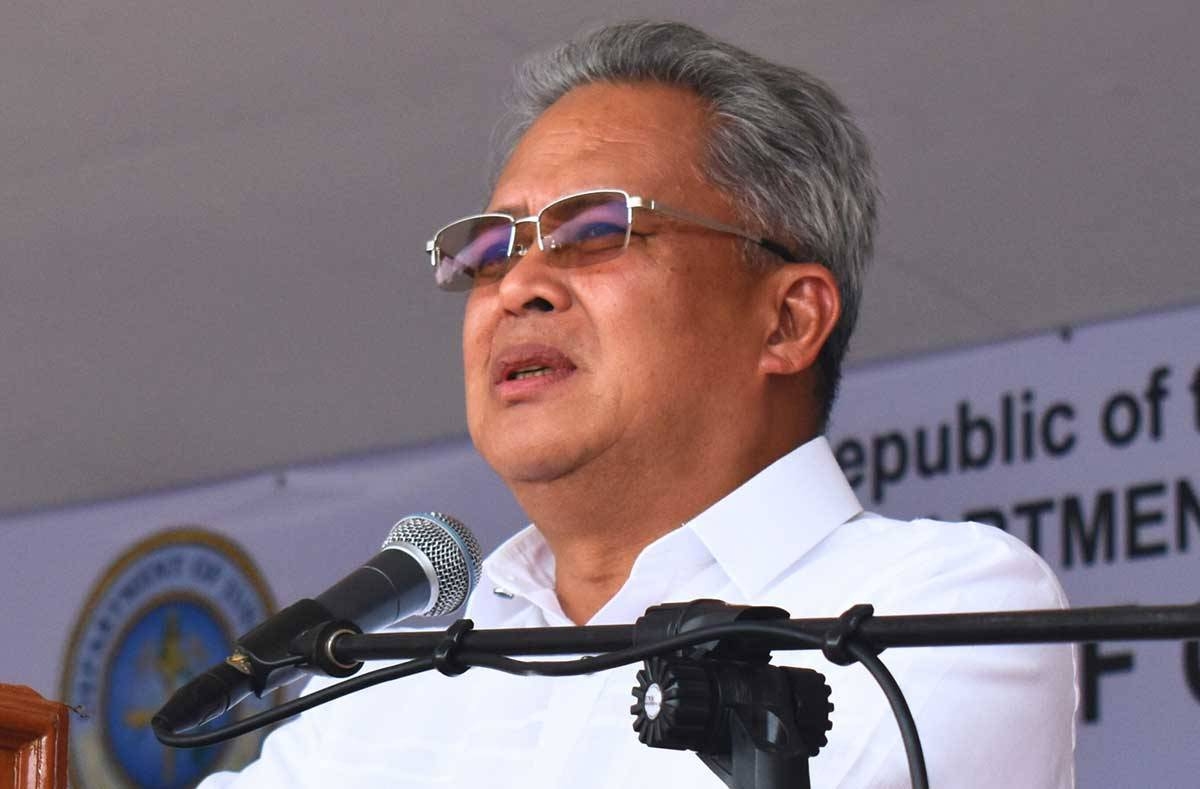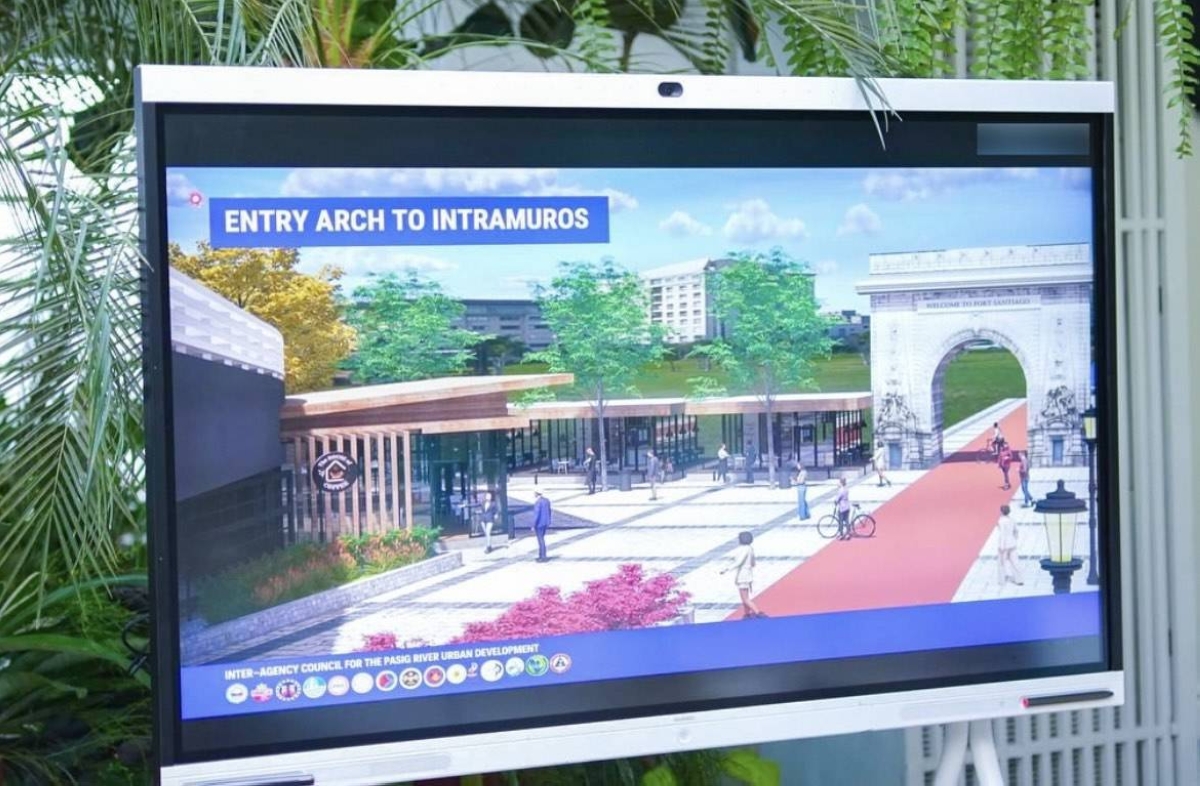Chinese ambassador cites importance of cultural diplomacy
Chinese ambassador cites importance of cultural diplomacy
CHINESE Ambassador to the Philippines Huang Xilian emphasized the importance of cultural diplomacy and economic cooperation between China and the Philippines during the Legendary Tapestry of Lingnan Culture event held at Chiang Kai Shek College in Tondo.
The event served as a platform to celebrate the rich artistic and cultural heritage of Lingnan while reinforcing the historical and economic ties between the two nations.
The event was hosted by the Chinese Embassy in collaboration with the Foshan Municipal People's Government, the Federation of Filipino-Chinese Associations of the Philippines, and the Association of Chinese-Filipino Schools in the Philippines.
It aimed to deepen China's engagement not only with the Filipino-Chinese community but also with the broader Philippine society.
In his speech, Huang welcomed the delegation from Foshan City, which is known for its deep Lingnan cultural roots, and expressed appreciation to all organizers and participants.
He acknowledged the presence of educators and students from 16 different schools, emphasizing that their involvement highlights the growing cultural exchange between China and the Philippines.
"The relationship between China and the Philippines has withstood the test of time. Despite challenges, our friendship remains strong because it is built by our peoples," Huang stated. "This event showcases the beauty of Lingnan culture, a testament to our shared history and cultural connections."
Huang traced the long-standing ties between the two nations, dating back over a thousand years. He recalled how, as early as the 9th century, Chinese merchants from Fujian and Guangdong (which includes the Lingnan region) engaged in trade with communities in Luzon, Visayas and Mindanao.
By the 14th and 15th centuries, Chinese traders exchanged silk, porcelain, and other valuable goods for gold, beeswax and agricultural products from native Filipinos.
Many of these merchants settled in the Philippines, intermarrying with locals and laying the foundation of the Filipino-Chinese community, which remains a significant cultural and economic force today.
The Legendary Tapestry of Lingnan Culture event departed from traditional elite gatherings by choosing Tondo — a historic district known for its economic significance and diverse community — as its venue. This move was designed to make Chinese cultural heritage more accessible to students, educators and local residents, fostering deeper appreciation and engagement.
The program featured traditional performances, including Cantonese opera and lion dances, as well as Foshan martial arts demonstrations.
Art exhibitions showcased calligraphy and paintings that reflected the artistic traditions of Lingnan, while cultural workshops introduced attendees to embroidery, paper cutting and tea ceremonies.
Huang described the Legendary Tapestry of Lingnan Culture as part of the broader China-Philippines Cultural Exchange Program, which has been running for four years.
Comments 0
Most Read
Recommended Post
Gogolook launches news wall feature to Whoscall App





















Leave a Comment